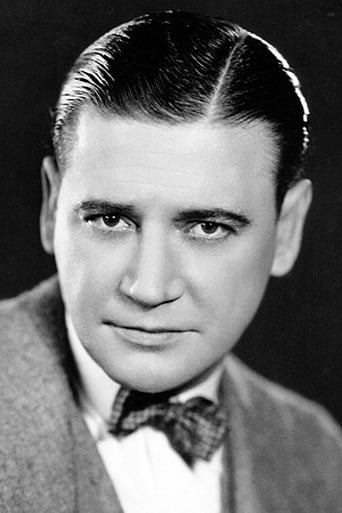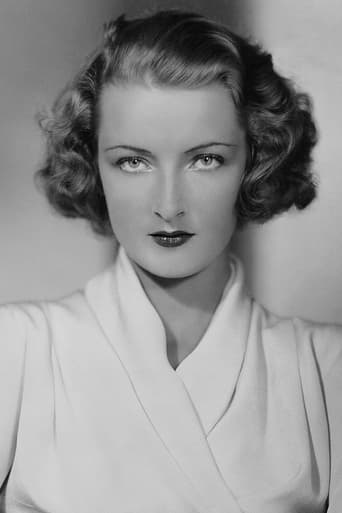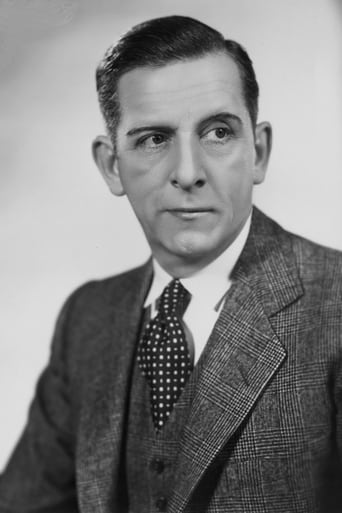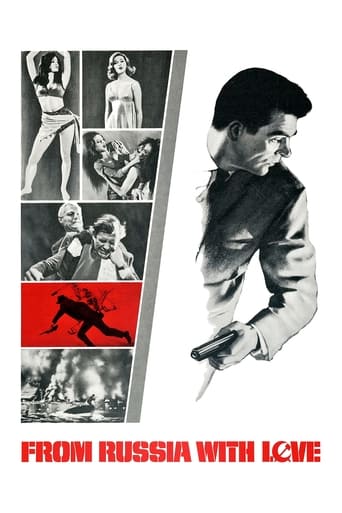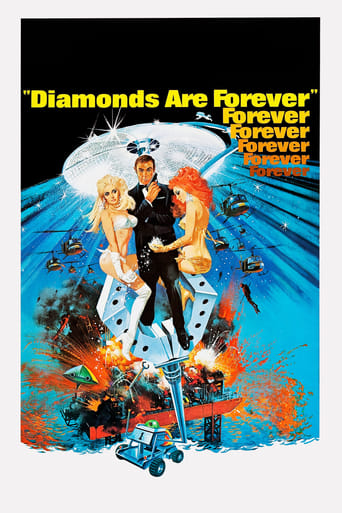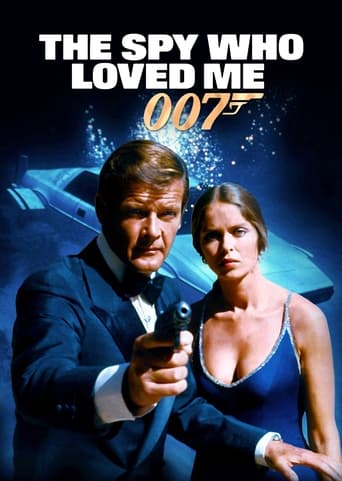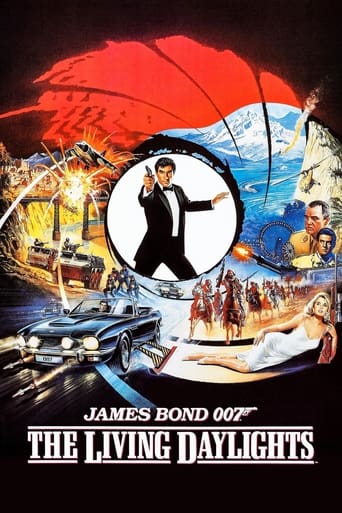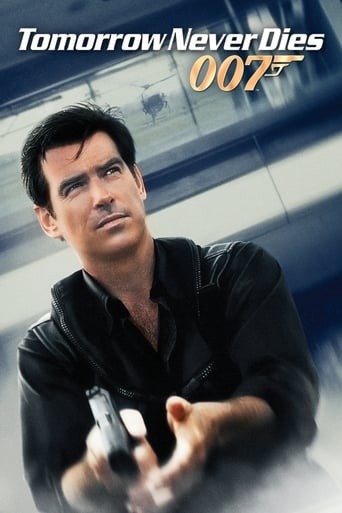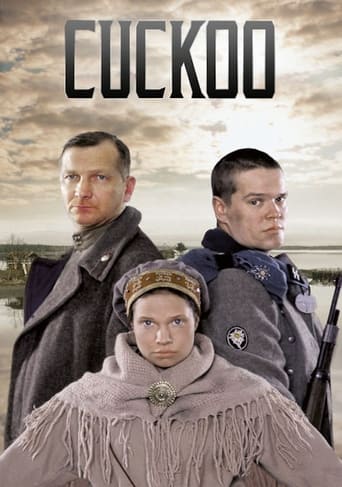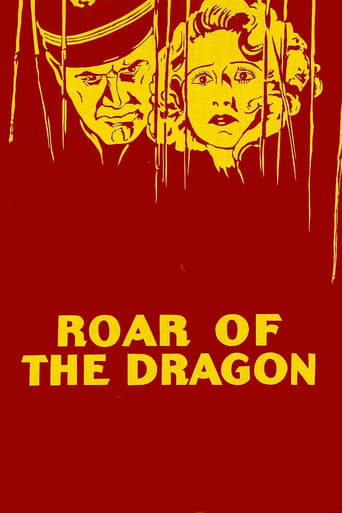
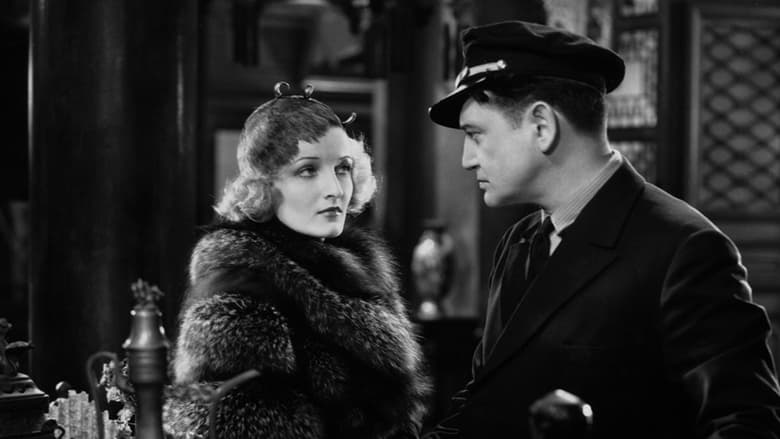
Roar of the Dragon (1932)
A boatload of Westerners is trapped in Manchuria as bandits led by Russian renegade Voronsky ravage the area. Seeking refuge in a fortified inn, the group is led by the boat's Captain Carson, who becomes involved with a woman who "belongs" to Voronsky. Carson must contend with the bandits outside and the conflicting personalities of those trapped inside the inn, as well as dealing with spies among the inn's personnel.
Watch Trailer
Cast
Similar titles
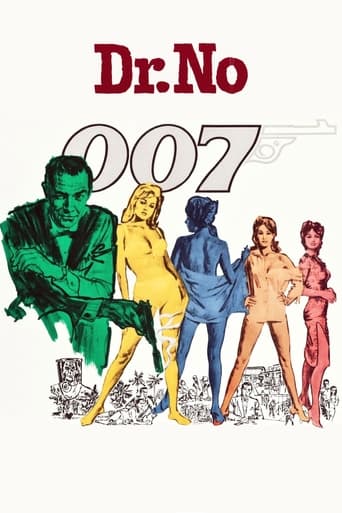
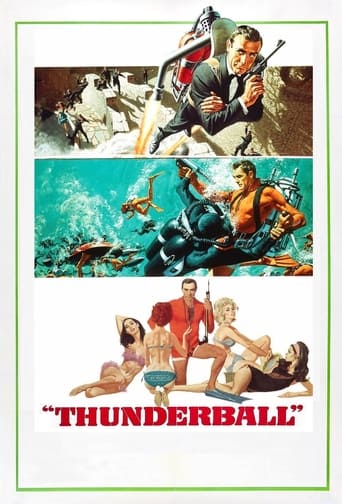
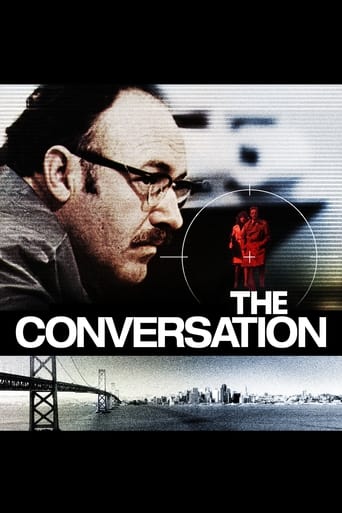
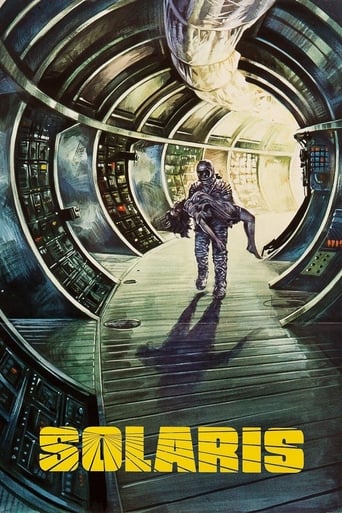
Reviews
Plenty to Like, Plenty to Dislike
Memorable, crazy movie
Don't listen to the negative reviews
Best movie ever!
Robert Dix plays a hard-drinking, paddle-wheel, riverboat skipper in "See Here, Private Hargrove" director Wesley Ruggles' atmospheric adventure yarn "Roar of the Dragon," co-starring Edward Everett Horton, Garbo lookalike Gwili Andre, Arline Judge, and C. Henry Gordon. For the record, "Cimarron" scenarist Howard Estabrook derived his screenplay from George Kibbe Turner's novella "Passage to Hong Kong." Apparently, "King Kong" producer Merian C. Cooper and Jane Bigelow penned the story; I couldn't find anything more in depth about the historical background about this David O. Selznick producer, and IMDb states that there is no copyright for Turner's material. Nevertheless, this exciting 1932 melodrama occurs in Manchuria with a murderous Russian renegade on the rampage, Voronsky (C. Henry Gordon of "Mata Hari"), with his army of Tartar bandits. The ruthless Voronsky aims to exact vengeance on Captain Chauncey Carson (Richard Dix of "Cimarron") because our hero shot off most of the villain's left ear. Apparently, before the film unfolds, Voronsky had had an encounter with our gallant hero and damaged the paddle-wheel on Carson's steamboat. The heroic Carson and his passengers are holed up for the time being in a small town, while labors repair the paddle-wheel. Naturally, the commercial riverboat owner Johnson (Dudley Digges of "Son of Fury") isn't pleased with the way that things are happening when he receives the news that Voronsky has sworn to kill Carson and take the passengers hostage. While Voronsky allows his injured ear to heal, he dispatches a platoon of riflemen to attack the hotel where everybody is holed up. "Roar of the Dragon" takes place principally in the hotel where our heroes and heroines have fortified themselves against Voronsky's depredations. As it turns out, Carson has a small arsenal of weapons at his disposal, and they repulse the initial wave of horsemen with a tripod-mounted machine gun. When Voronsky' second in command returns with news that they haven't killed Carson and taken hostages, he shoots the man on the spot. Edward Everett Horton, who made a name of himself as the narrator of "The Bullwinkle Show," shows a different side of himself. He takes over as the man behind the machine gun and mows down his share of Voronsky's minions. This was a surprise to me since he usually plays more reserved characters in civilized movies. Most everybody escapes from the besieged hotel, but there are a few casualties. "Roar of the Dragon" unspools at a snappy pace and nobody gives a bad performance. Truly, it is tragic that Dix's leading lady, Gwili Andre, had such a brief career as an actress. She had been compared with Greta Garbo in appearance. Ruggles doesn't let the action slow down too often in this 67-minute actioneer.
This film might remind you of "Shanghai Express" (1932) and "The Bitter Tea of General Yen" (1933), as all were set in China during their prolonged civil war--in which various warlords carved out their own private fiefdoms from the troubled early days of the Republic (about 1916-1928). Chaos typified this era and it made a decent backdrop for stories of adventure--though in Hollywood style MANY of the 'Chinese' extras looked about as Chinese as Mickey Mouse! And, like these other films, the story is about a group of westerners caught up in the middle of this fighting. In fact, all three films are virtually the same when it comes to major plot points.Richard Dix plays the captain of a boat that is at port. When the group (including the likes of Dudley Digges, Edward Everett Horton, Zasu Pitts and Gwili Andre) is trapped in a small fortress, the hard-drinking Captain takes charge...but can he really do anything to stop the evil Russian bandit, Voronsky (C. Henry Gordon)? And will the westerners rise to the occasion or behave like a bunch of rats on a sinking ship? So are there any surprises that set "Roar of the Dragon" apart from these other films? Well, Gwili Andre is certainly a unique figure. She was a pretty Danish lady who looked a lot like Greta Garbo and Myrna Loy put together. It's almost certain you have not heard of her but she was one of several attempts to find the new Garbo or Dietrich--a European beauty with a mysterious air about her. She never caught on with audiences and only made a few films. What's REALLY stood out for me was seeing the usually effeminate and effete Horton playing somewhat of an action hero in the film! REALLY! Watching him manning the machine gun and mowing down the rebels was quite a treat! My feeling about "Roar of the Dragon" is that it's an interesting curio but the other two films I already mentioned are just a bit better. So, unless you want to see all three, I recommend you try the others instead--the really aren't all that different from each other.
The most interesting thing about this movie is the collection of could have, should have moments that under the right direction and with the right script would have resulted in a much better adventure. A bit reminiscent of "The Sand Pebbles", the story has much potential which the dialog fails to deliver. Character development is all but nonexistent for a group of interesting individuals. And don't get me started on the pitiful editing. But what makes it worth a look is the collection of actors chosen for this turkey. Gwili Andre, the tragic Dane who chose fame by immolation, Arlene Judge, famous for her eight marriages, Edward Everett Horton in his most woefully miscast role. His wild-eyed intensity just doesn't translate well into heroic action. He just looks ridiculous. As for Andre, she had the looks but not the talent. The veterans, Richard Dix, Zazu Pitts, and C. Henry Gordon acquit themselves well as the true professionals they were despite the poor material they were given to work with. So there you have it. A pretty bad movie that's nonetheless worth a look.
Almost everything else I planned to say has been said by someone else here-- this is unusually zippy for a movie by the normally mediocre Wesley Ruggles, that big lummox Richard Dix is unusually animated and even amusing at times, the production design and cinematography are very handsome (and female leads Andre and Judge ain't bad to look at either), it's probably the only movie in which Edward Everett Horton handles a machine gun (although he does prove pretty handy with a pistol in 1938's Wild Money), and while the movie seems a bit underwritten (or more likely written in 3 days), it's pretty everything you could want from a 68-minute pre-Code B movie. The other interesting thing I would note is that it could have inspired bits in two much more famous movies-- the whole opening, in which news of a bandit's rampage is conveyed by telegraph until the moment that the bandit's men chop down the telegraph pole, plays like a dry run for the much more famous and accomplished opening of Stagecoach-- and it's hard to think that's an accident when you know that co-writer, and RKO producer during this time, Merian C. Cooper (of King Kong fame) would soon work with John Ford on The Lost Patrol (as well as on most of his immediate postwar work). The connection with Howard Hawks is less obvious, but when you consider the situation (tough guy Dix surrounded in compound with a bunch of people whose ability to defend themselves is doubtful), and then hear him refer to Arline Judge by a nickname-- the town she was from ("Bridgeport")-- and hear her answer in a deep, insolent Betty Bacall-Angie Dickinson drawl, there's a definite whiff of the much later Rio Bravo, in which John Wayne is holed up with a bunch of questionable help and a girl called Feathers.
